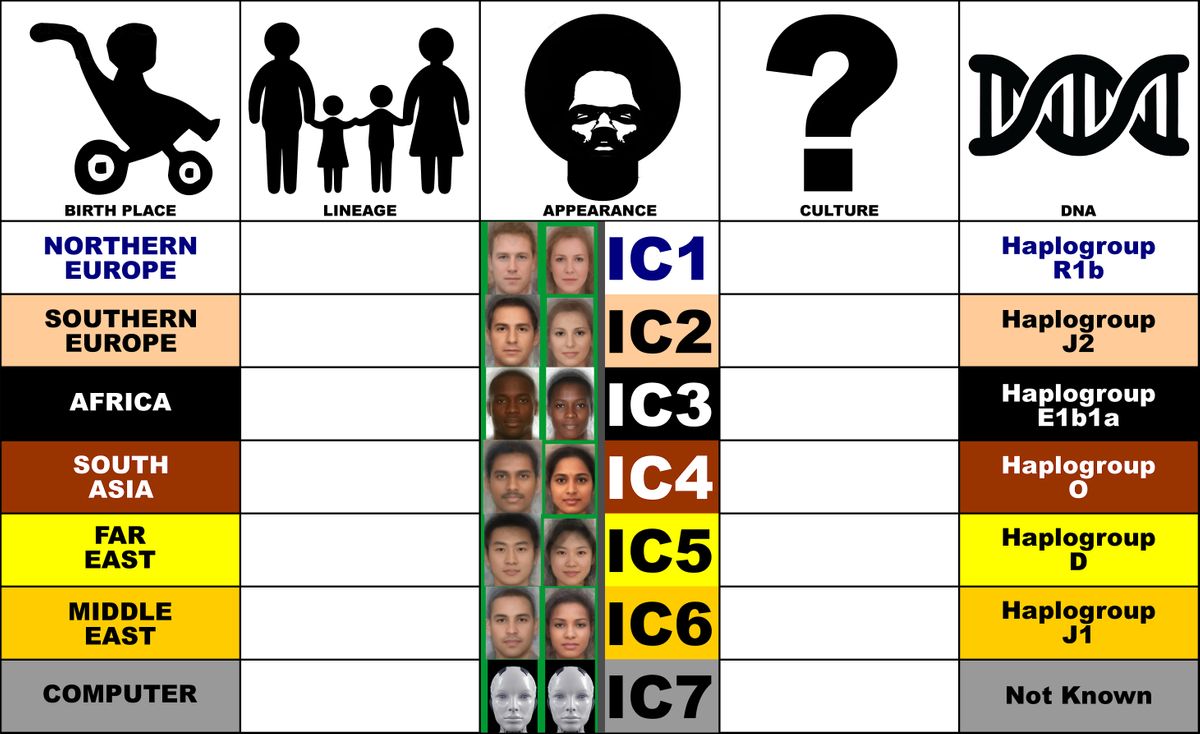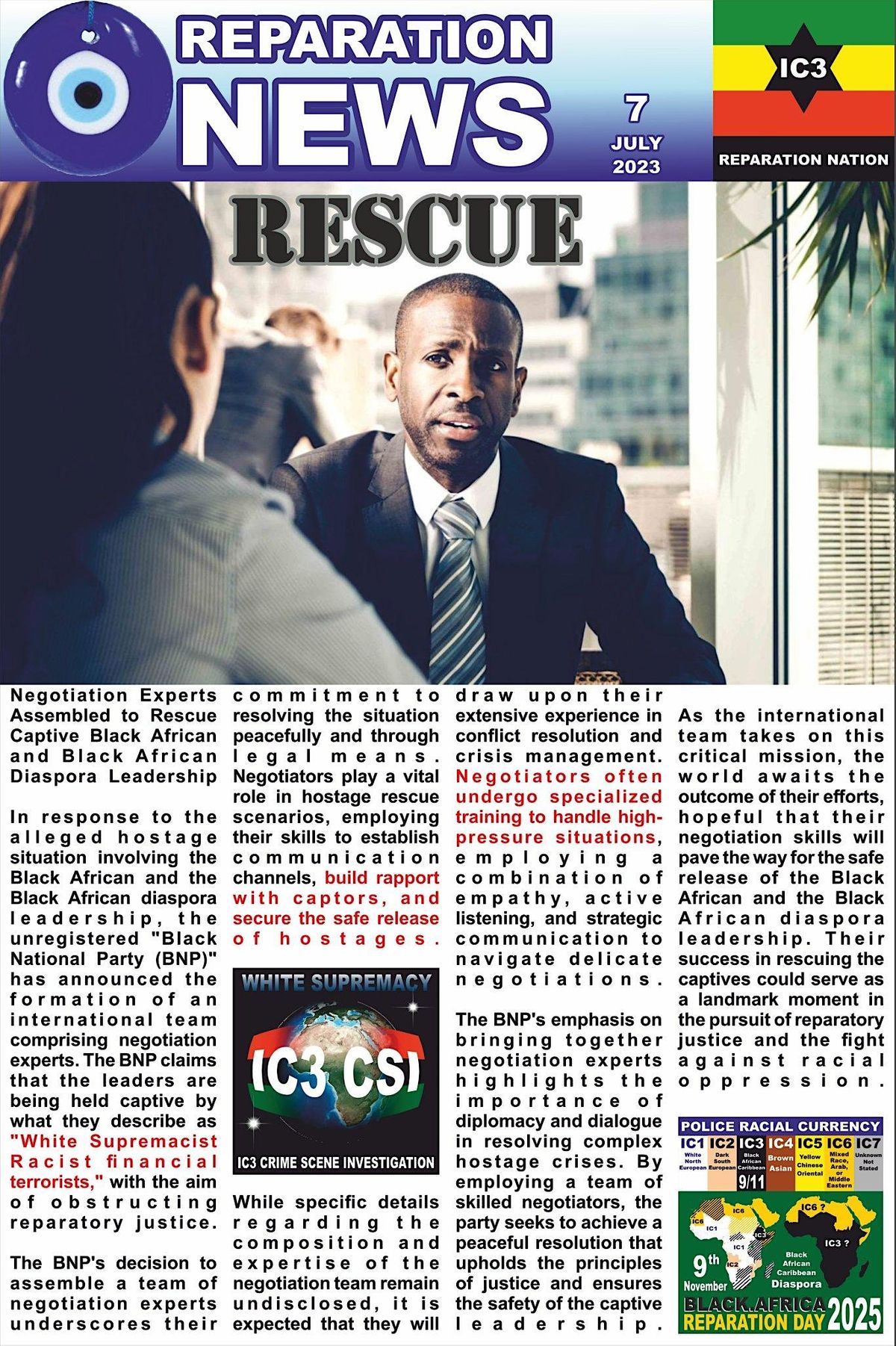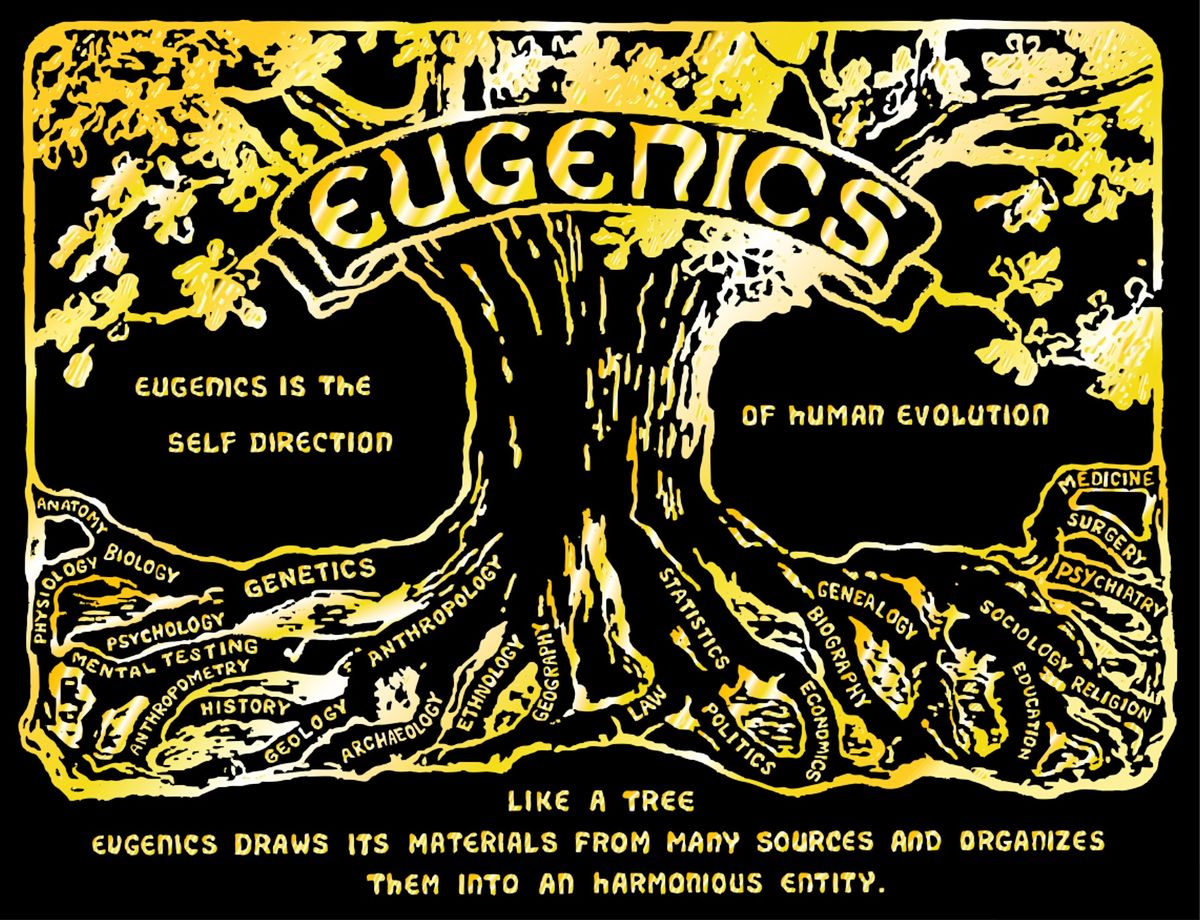BIS - BANK FOR INTERNATIONAL SETTLEMENTS - REPARATIONS TOTTENHAM HARINGEY
Schedule
Fri, 24 May, 2024 at 06:00 pm to Sun, 09 Nov, 2025 at 09:00 pm
UTC+01:00Location
Reparation Corner, 41 - 47 West Green Rd, Tottenham, Haringey. N15 | London, EN
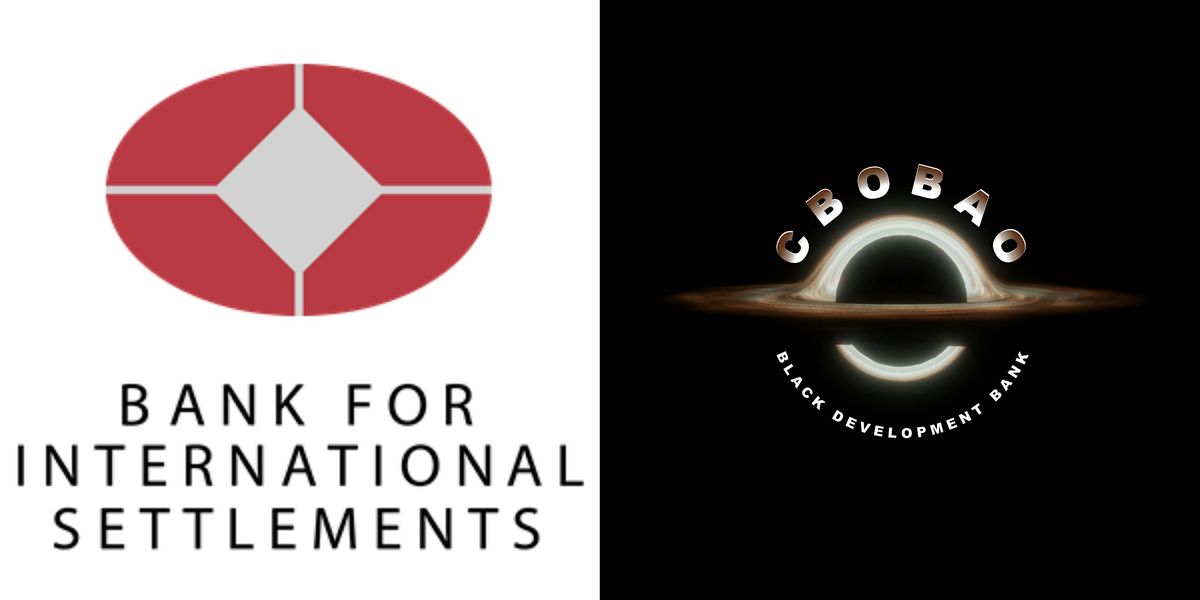
About this Event
WEEKLY DISCUSSION TOPIC
The Formation of the Bank for International Settlements (BIS) and the Vision for a Central Bank of Black African Origin (CBOBAO)
Introduction
The Bank for International Settlements (BIS) is a crucial institution in the global financial system, often referred to as the "bank for central banks." Established in 1930, the BIS facilitates cooperation among central banks and serves as a bank for them, promoting monetary and financial stability. This article delves into the decision-making process that led to the formation of the BIS and juxtaposes it with the envisioned establishment of the Central Bank of Black African Origin (CBOBAO), a proposed financial institution aimed at addressing historical injustices and fostering economic empowerment for Black and Mixed-Black communities under the African Diaspora Equity and Justice Alliance (ADEJA).
The Genesis of the Bank for International Settlements
The BIS was conceived in the aftermath of World War I, primarily to handle the reparations imposed on Germany by the Treaty of Versailles. The idea was to create an institution that would oversee the transfer of reparations payments and facilitate cooperation among central banks. The formal decision to establish the BIS was made at the Hague Conference in January 1930, involving key financial and political leaders from major European countries and the United States.
Key Factors Leading to the BIS Formation
- Economic Instability and the Need for Cooperation: The post-World War I period was marked by significant economic instability, including hyperinflation in Germany and financial turmoil in many European countries. There was a clear need for an institution that could foster international financial cooperation and provide stability.
- Reparations Management: One of the primary motivations behind the BIS was to manage Germany's reparations payments in a more organized and efficient manner. The institution was to act as a trustee for the international loans to Germany and oversee the distribution of reparations.
- Diplomatic Negotiations: The establishment of the BIS involved intense diplomatic negotiations. The Hague Conference brought together representatives from Belgium, France, Germany, Italy, Japan, the United Kingdom, and the United States. These negotiations culminated in the Hague Agreements, which laid the groundwork for the BIS.
- Institutional Framework: The BIS was structured to be independent of any single national government, allowing it to operate with a degree of neutrality and international cooperation. Its governance structure included a board of directors with representatives from central banks around the world.
The Role of the BIS
Since its inception, the BIS has played a pivotal role in the global financial system. It facilitates collaboration among central banks, conducts research on economic and financial issues, and provides banking services to central banks. The BIS has also been instrumental in developing international financial regulations and standards.
The Vision for the Central Bank of Black African Origin (CBOBAO)
Inspired by the BIS, the Central Bank of Black African Origin (CBOBAO) is envisioned as a cornerstone for economic justice and empowerment for Black and Mixed-Black communities. Under the umbrella of ADEJA, the CBOBAO aims to address historical injustices, foster economic development, and facilitate reparations for the African diaspora.
Objectives of the CBOBAO
- Economic Empowerment: The primary objective of the CBOBAO is to promote economic empowerment for Black and Mixed-Black communities. This involves providing financial services, supporting businesses, and fostering economic growth within these communities.
- Reparations Management: Similar to the BIS's role in managing reparations, the CBOBAO would oversee the distribution of reparations funds to eligible individuals and communities. This includes both financial reparations and non-tradeable assets of cultural significance.
- Financial Stability and Cooperation: The CBOBAO aims to foster financial stability and cooperation among African and diaspora nations. By acting as a central bank for these countries, it would facilitate international trade, investment, and economic integration.
- Cultural Restoration and Preservation: An essential component of the CBOBAO's mission is the restoration and preservation of cultural heritage. This involves the repatriation of sacred cultural items and the promotion of cultural identity and unity.
Steps Towards Establishing the CBOBAO
- Stakeholder Engagement and Consensus Building: Establishing the CBOBAO requires extensive engagement with stakeholders, including governments, financial institutions, community leaders, and international organizations. Building consensus on the need for such an institution and its objectives is crucial.
- Legal and Institutional Framework: Developing a robust legal and institutional framework is essential for the CBOBAO's success. This involves drafting a charter, establishing governance structures, and ensuring compliance with international financial regulations.
- Funding and Resource Mobilization: Securing adequate funding and resources is a critical step. This includes contributions from governments, international organizations, and private donors. The CBOBAO would also explore innovative financing mechanisms, such as diaspora bonds and social impact investments.
- Operational Planning and Capacity Building: Detailed operational planning is necessary to ensure the CBOBAO's effectiveness. This includes developing financial products and services, establishing operational procedures, and building the capacity of staff and partner institutions.
- International Cooperation and Partnerships: Forging partnerships with existing financial institutions, such as the BIS, the International Monetary Fund (IMF), and the World Bank, is vital. These partnerships can provide technical assistance, share best practices, and facilitate global integration.
Comparative Analysis: BIS vs. CBOBAO
While the BIS and the CBOBAO share similarities in their objectives of fostering financial stability and cooperation, their contexts and missions differ significantly.
- Historical Context: The BIS was established in the context of post-World War I Europe, primarily to manage reparations and foster cooperation among European central banks. In contrast, the CBOBAO is conceived in response to centuries of historical injustices faced by Black and Mixed-Black communities worldwide.
- Mission and Scope: The BIS focuses on providing banking services to central banks and promoting monetary and financial stability globally. The CBOBAO, on the other hand, aims to address economic empowerment, reparations, and cultural restoration for Black and Mixed-Black communities specifically.
- Governance and Structure: Both institutions emphasize independence and international cooperation in their governance structures. However, the CBOBAO would likely have a more diverse representation, including members from African and diaspora nations, cultural leaders, and reparations advocates.
- Challenges and Opportunities: The establishment of the BIS faced challenges related to diplomatic negotiations and economic instability. Similarly, the CBOBAO would encounter challenges in securing consensus, funding, and international support. However, it also presents a unique opportunity to address historical injustices and promote economic and cultural empowerment on a global scale.
Conclusion
The formation of the Bank for International Settlements marked a significant milestone in the history of international financial cooperation. By examining the decision-making process behind the BIS, we can draw valuable insights for the proposed Central Bank of Black African Origin (CBOBAO). The CBOBAO represents a bold vision for economic justice and empowerment, rooted in the principles of ADEJA. Through careful planning, stakeholder engagement, and international cooperation, the CBOBAO has the potential to become a transformative institution, fostering prosperity and reparatory justice for Black and Mixed-Black communities worldwide.
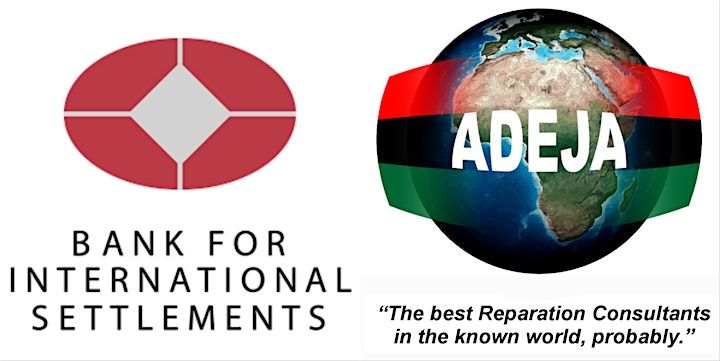
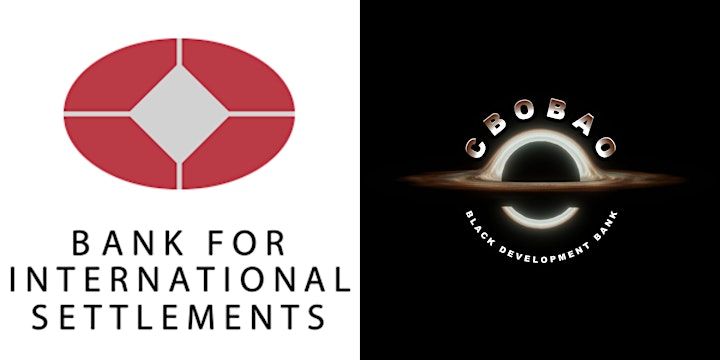
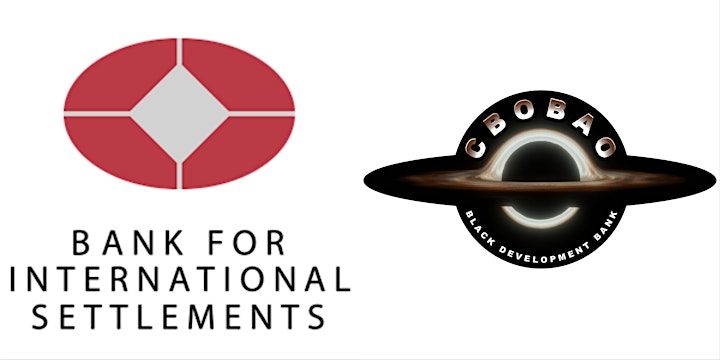
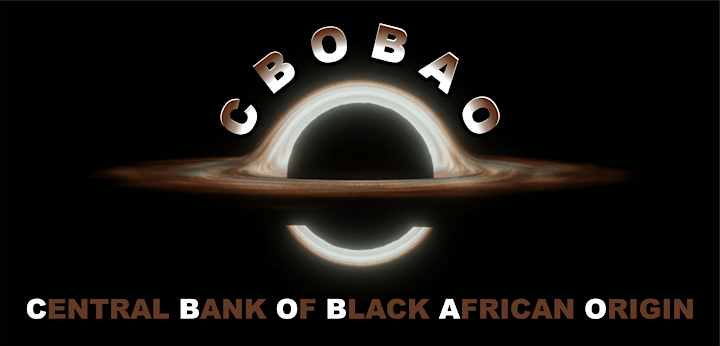
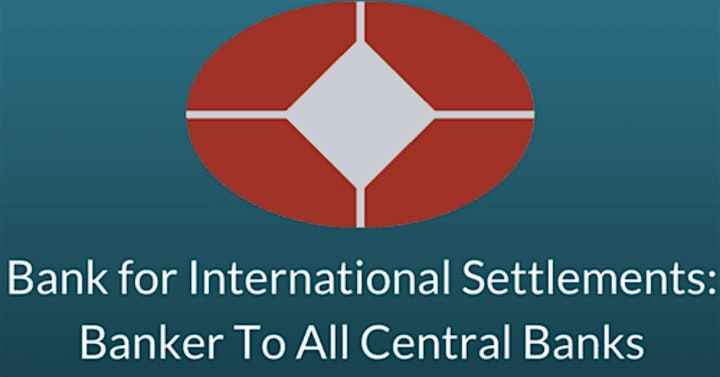
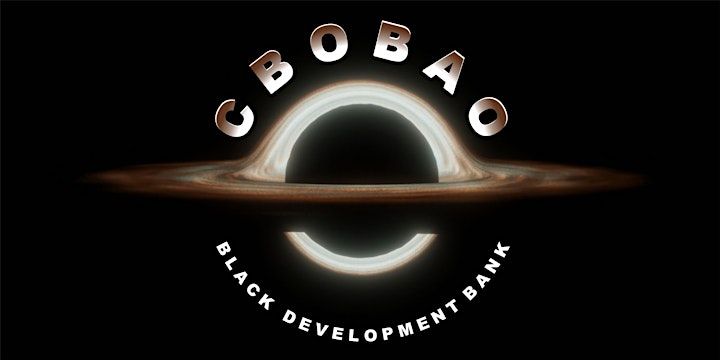
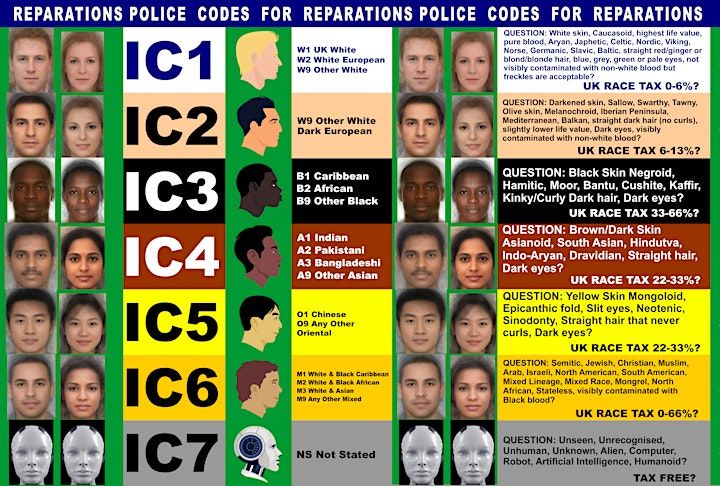
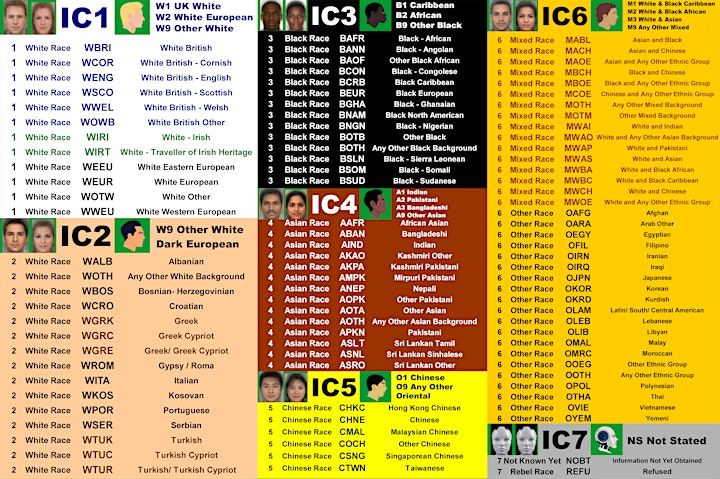
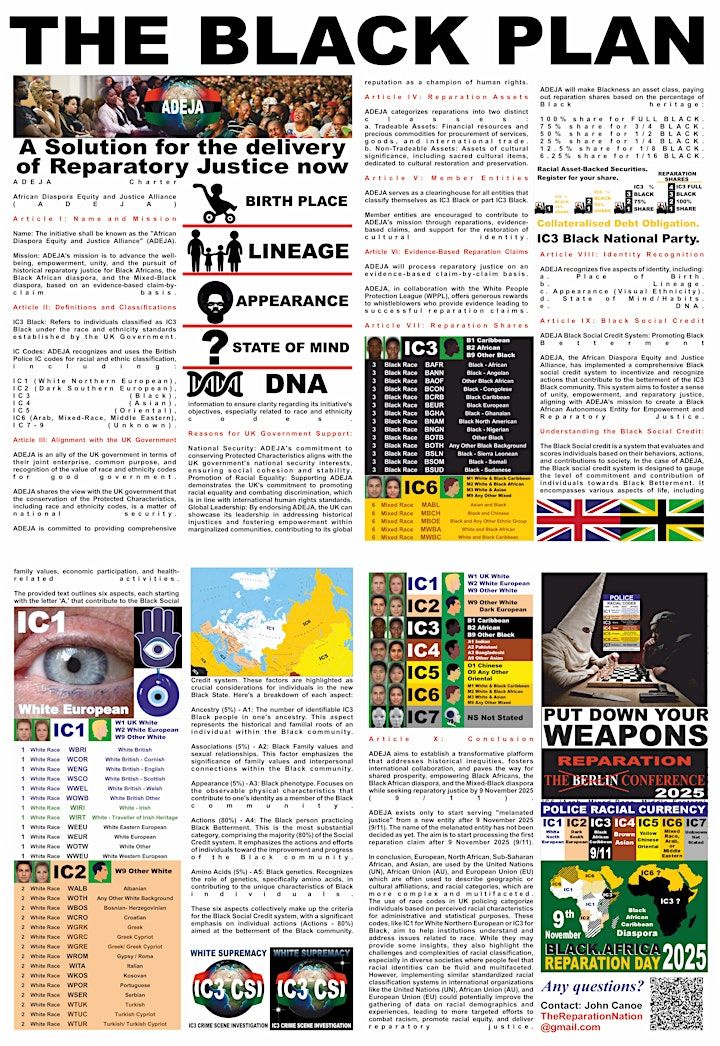
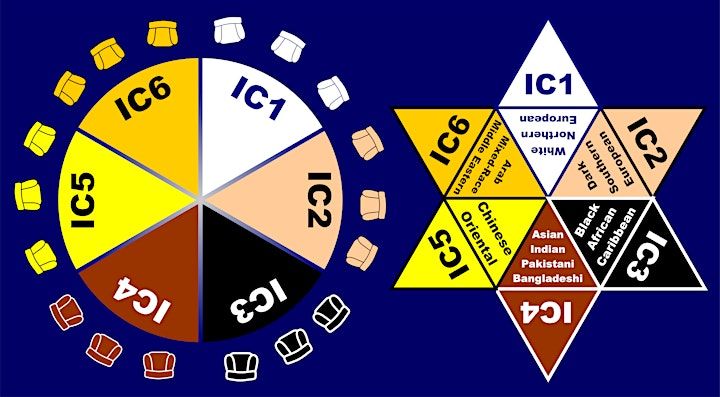
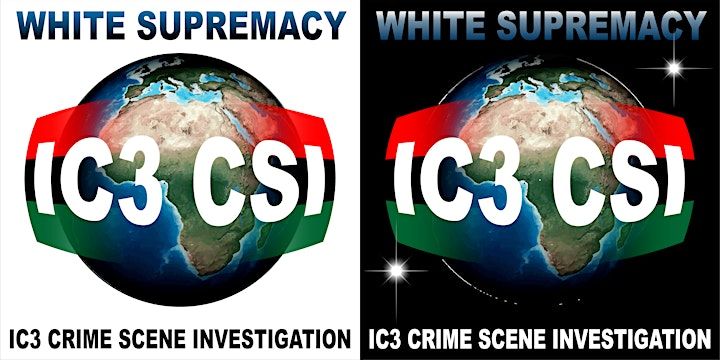

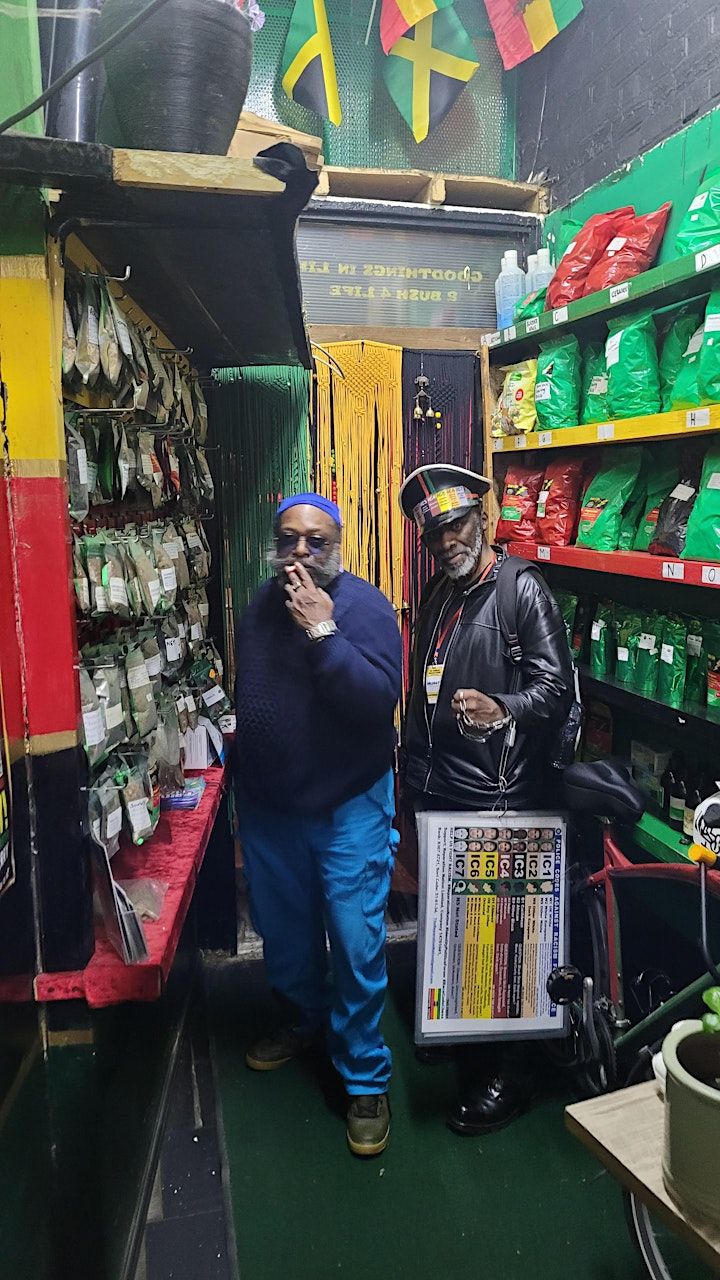
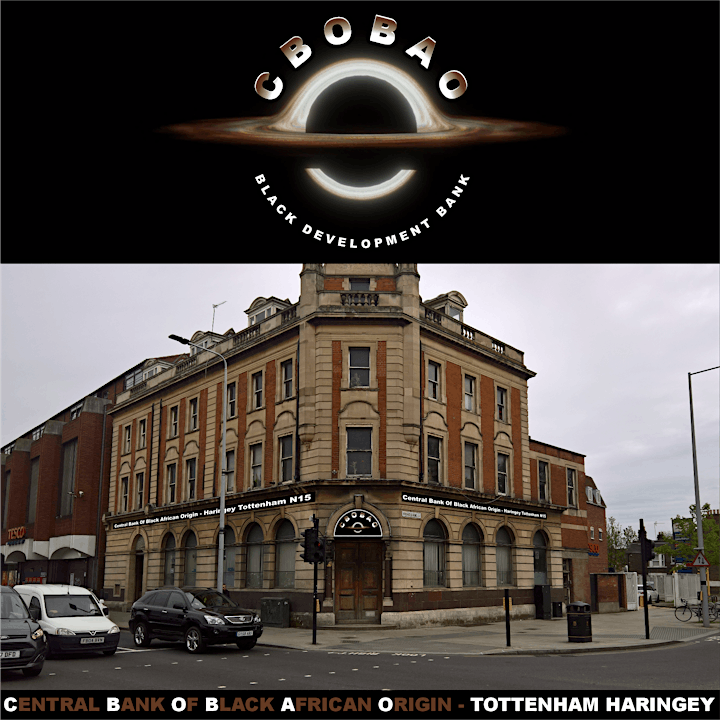
Where is it happening?
Reparation Corner, 41 - 47 West Green Rd, Tottenham, Haringey. N15, 41 West Green Road, London, United KingdomEvent Location & Nearby Stays:
GBP 0.00



![MOTION EVERY MONDAY - THE BRAND NEW WEEKLY EXPERIENCE @ XOYO - LONDON FRESHERS WEEK 2025 [WEEK 3]](https://cdn-ip.allevents.in/s/rs:fill:500:250/g:sm/sh:100/aHR0cHM6Ly9jZG4tYXouYWxsZXZlbnRzLmluL2V2ZW50czMvYmFubmVycy80MTdkZTc5MC05ZDIwLTExZjAtYTMwYS0yMWMyYTBjOWEyZmUtcmltZy13MTIwMC1oNjc1LWRjMDUwNTA2LWdtaXIuanBnP3Y9MTc1OTE0MjIzMQ.avif)







